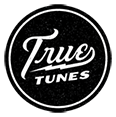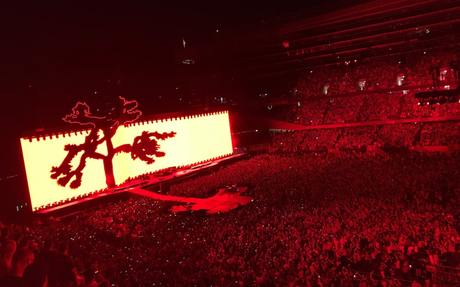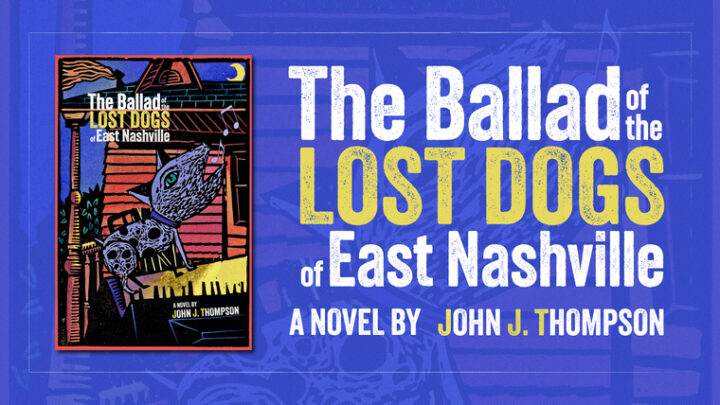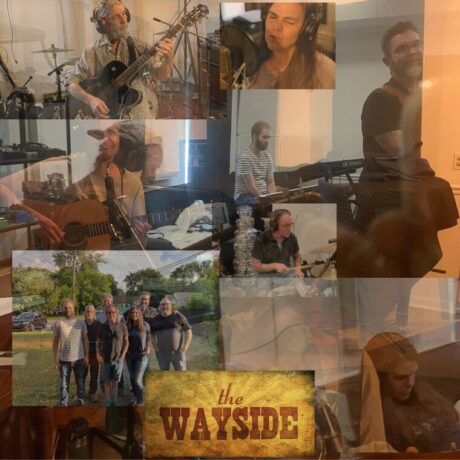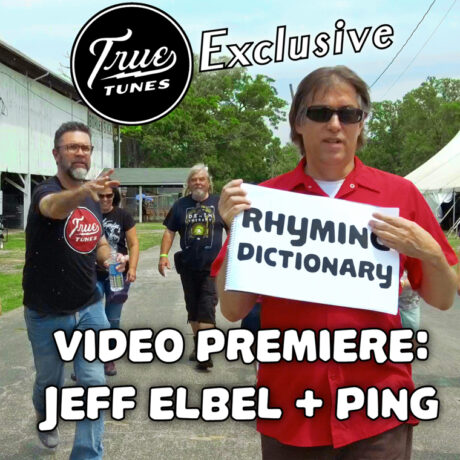Living in the Shadow of U2’s Joshua Tree
By JJT (written for ThinkChristian.net)
A father who discovered U2 at 12 attends the Joshua Tree tour with his 12-year-old son.
I was a 12-year-old kid desperately digging for meaning and purpose when I discovered U2’s October album in 1982. I immediately picked up a copy of their debut, Boy, and shortly thereafter became completely enraptured with their third LP, War. U2 changed my understanding of how people of faith could interact with art. A few weeks ago—some 35 years later—I took my 12-year-old son Jesse to see U2 perform in my old home town of Chicago.
U2 is touring the world with a show that celebrates and meditates upon their massive, Grammy Award-winning, multi-platinum, 1987 LP The Joshua Tree. It’s been three decades since that album altered the tone of mainstream rock music, profoundly shifted the way many Christian artists approached their work, and nearly crushed the band beneath its spiritual, creative, and cultural heft. As I watched Bono, Edge, Larry Mullen Jr., and Adam Clayton revisit and reinterpret the album, I realized through tears that many of its questions remain unanswered. It’s seeking still hasn’t completely found. Its confession has not yet been absolved. The ghosts that haunted us then haunt us still.
Stage designer Willie Williams, a longtime collaborator with the band, devised a massive, 45-by-250-foot video wall behind the musicians, which displayed an artful blend of original films by Anton Corbijn and highly stylized, live-action footage of the performance itself. A smaller secondary stage, cleverly designed as a shadow of the massive Joshua Tree edifice that rose above the screen, protruded deep into the audience. The entire thing was magnificent in its simplicity and awesome in its execution.
When I was 16, I missed the original Joshua Tree tour because I ended up having major surgery during the time U2 came to Chicago. That was heartbreaking, to say the least. My youth pastor had given me a cassette tape with The Joshua Tree on one side and Paul Simon’s Graceland on the other. Those two albums rotated in my ears and rattled around in my heart nearly 24 hours a day for at least a week. I know every nuance of The Joshua Tree, from its worshipful heights to its tense and grinding darkness. It was about America. It was about me. It was about all of us. It set a creative and spiritual standard that I have been striving to reach ever since.
U2 has always been a band that wasn’t afraid to tackle the biggest questions, be they geopolitical or hyper personal (as if there’s a difference). They wore their hearts and their Christian faith on their sleeves, daring to push for meaning in the vapid 1980s. While the massive success of vacuous stadium bands like Bon Jovi, Def Leppard, and Guns N’ Roses suggested that the world wasn’t interested in soul searching anymore, U2 struck a chord by referencing the political perspective of the great protest rock of the 1960s, the yearning and hope of the best gospel music, the biographical leanings of Bob Dylan, and the oversized swagger of Bruce Springsteen. U2 zigged when the rest of the music world was zagging. Today The Joshua Tree is recognized as one of the most important albums in the annals of rock.
To continue reading this article please CLICK HERE
